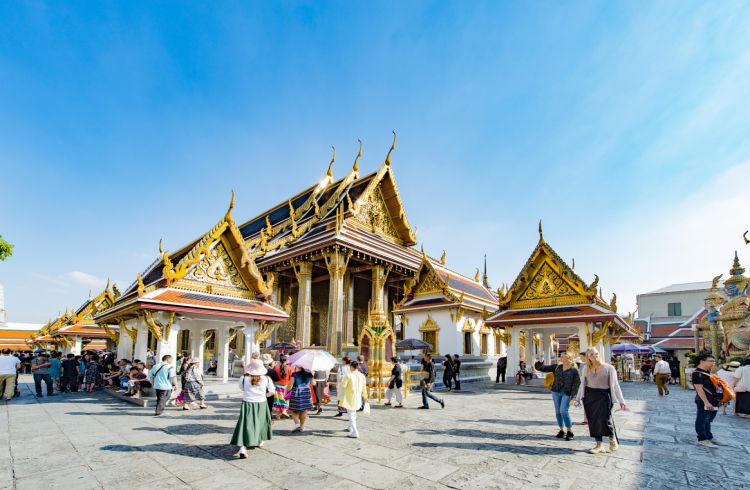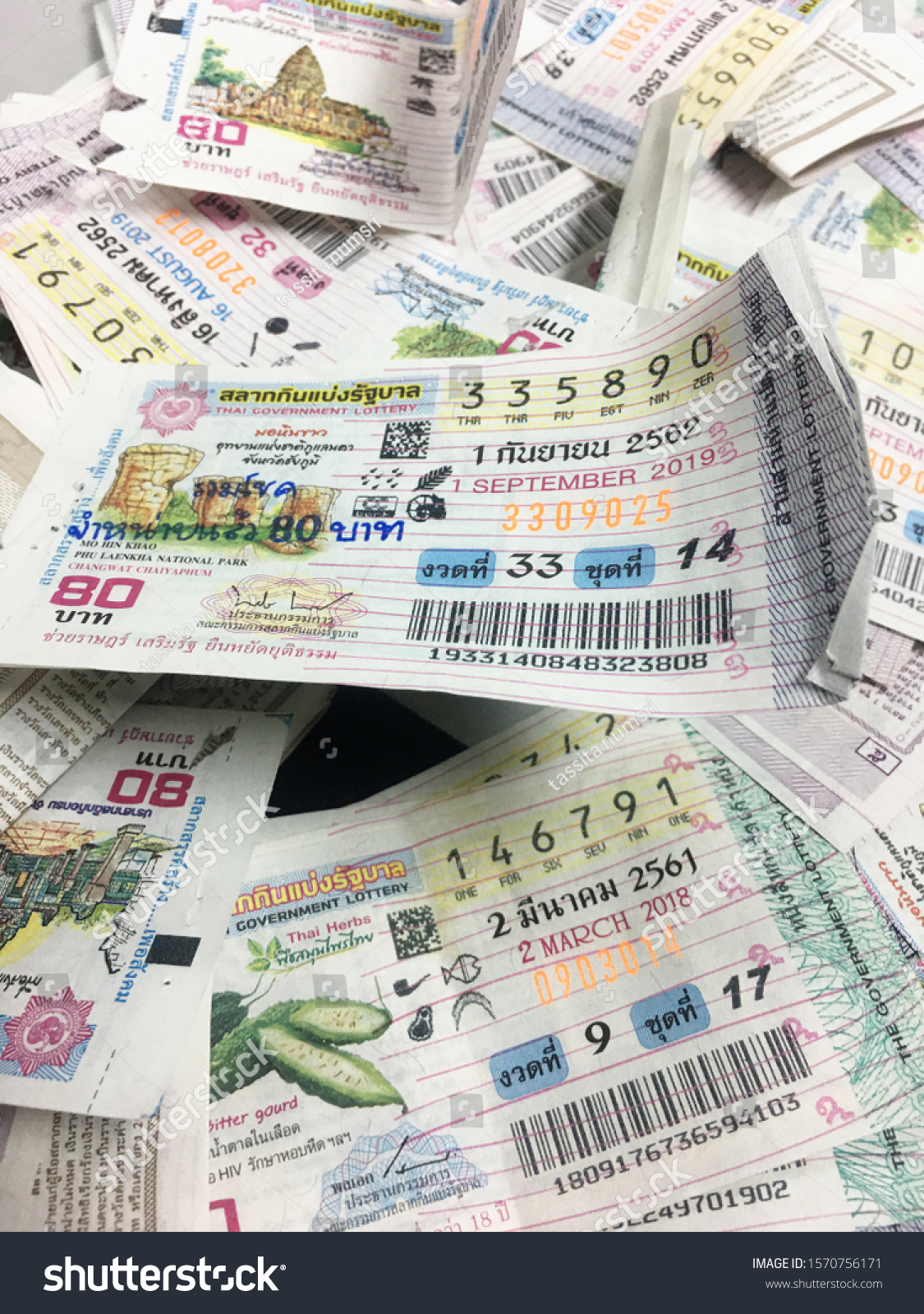Gambling Legal In Thailand
12th July 2015

Although online gambling and land-based casinos exist in Thailand, there is uncertainty on whether gambling in Thailand is legal or not. In Thailand, the only lawful forms of gambling are wagering on horse races and their national lottery which is sponsored by the government. The Thai lottery is drawn twice a month, and is administered by the. Thailand Gambling Law The primary law that regulates gambling in Thailand is the Gambling Act, B.E. If you click that link you will see there are 46 ministerial regulations, 16 legal opinions of Council of State and a Royal Decree all related to this law. There are also many separate laws relating to gambling.
In recent weeks there has been talk of casino legalization in Thailand. Speculation began in earnest after the national police chief in Thailand came out in favor of casino legalization noting support for regional casinos in Thailand (many have also noted their belief that Pattaya would be an ideal location for a Casino should legalization ever become a reality). Meanwhile, other officials in Thailand noted their opposition to Casinos in Thailand citing the knock-on social problems that often arise in conjunction with legalized casino gambling. Notwithstanding the fact that members of the national reform council were in favor of casino legalization and the notion had gained support from other notables, including the Thai finance minister, the issue of Thai casino legalization appears to be a non-starter. This is especially the case in light of the fact that the current Prime Minister of Thailand has quashed the idea of casino legalization occuring during his term of office.
Even though casino legalization may not be coming to fruition under the current government, there are some forms of gaming which are legal in the Kingdom of Thailand. Currently, it is legal to gamble on horse racing at two of the main horse racing venues in Bangkok and there is sanctioned gaming associated with horse racing outside of Bangkok. Concurrently, Lumpinee Boxing Stadium allows gaming related to the boxing events which occur on the premises. Finally, the lottery is also a legal form of gaming in Thailand. In recent months issues have arisen with regard to the price of lottery tickets in Thailand as the Thai government has attempted to enforce laws regarding the prices for such tickets quoted to the consumer public.
As of the time of this writing, online gambling is illegal in Thailand and many online gaming websites are blocked by the Thai authorities. One of the main argumentss in favor of legalizing gambling in Thailand has been the notion that doing so would capture much of the money which is lost to casinos operating along Thailand’s borders with her neighbors. Whether this argument is sound remains anyone’s guess as casino legalization has yet to occur in Thailand. Meanwhile opponents of casino gaming in Thailand point to moral qualms they have with the practice and also to the fact that many in Thailand do not have the financial means to enjoy casino gambling and the overall lack of financial ability to support gambling habits could lead to serious social and economic problems for Thai society as a whole.
Only time will tell whether Thailand sees legal casinos and if such a transition to legalized gaming results in a net benefit for the Kingdom of Thailand.

Tags: Bangkok Casino, Bangkok Casinos, Casino in Thailand, Casinos in Thailand, Gambling in Thailand, Pattaya Casino, Pattaya Casinos, Thai Casino, Thai Casinos, Thai Gambling, Thai Gaming, Thai Gaming Law, Thailand Casino, Thailand Casinos, Thailand Gambling, Thailand Gambling Law, Thailand Gaming, Thailand Gaming Law
A new survey conducted by Thailand's Centre for Gambling Studies and Centre for Social and Business Development has revealed that as much as 57% of the country's citizens have gambled during the past year.
While the country's legal market is restricted to the state-run lottery and horse racing, significant numbers of people were found to have gambled on both legal and illegal in 2019, based on a survey of 44,050 people aged 15 and over. The figure marks an increase from 2017, when 54.2% of the population were found to have taken part in gambling activities. When the findings were applied across the entire population, it suggests an estimated 30.4m people gamble in some form.
Thai citizens were found to gamble across a range of different legal and illegal products. Government lotteries were the most popular form of gambling, with an estimated 22.7m players, followed by underground (illegal) lotteries, which saw 17.7m players, while card games attracted 4.4m players.
While the number of football bettors, at 3.5m, was lower than each of these products, this accounted for the highest level of customer spend, with THB160.5bn (£4.3bn/€4.8bn/$5.3bn) in stakes projected for 2019. This was followed by underground lotteries, which is estimated to account for a further THB153.2bn in wagers, followed by legal, government-sanctioned lotteries, for which sales are expected to hit THB150.5bn this year.
Government lotteries saw the largest rise in players in absolute terms, increasing by 1.3m. Dice games such as Hi-Lo and Bầu cua cá cọp, on the other hand, saw the largest increase in popularity in percentage terms, increasing 82.2% to 2m players.
Is Gambling Legal In Thailand
The government lotteries were also the most common gateway into gambling, with 28% of players' starting by buying a lottery ticket. Underground lotteries were the first form of gambling played by 27.3% of players, while 23.5% placed their first wager on card games.
Online gambling, meanwhile, remains a minority pursuit, with 1.6% of those surveyed saying they gambled via the internet. Gamblers bet a total of THB20.2bn online, with the most popular game being baccarat, played by 45.2% of customers. A further 27.6% of people had played other card games online, while 20.1% played online slots and 16.7% bet on sports.
A further 9.4% of people said they gambled in casinos, of which 0.5% gambled at casinos abroad in countries bordering Thailand and 0.3% in other foreign countries.
According to the report, 20.9% of those aged 15-18 had participated in gambling, wagering a combined THB 10.2bn. For the 19-25 years age group, 46.3% had gambled, with this percentage falling to 42.2% of those aged 60 and above.

The report said that around half of gamblers started playing by the age of 20, with one individual claiming to have first gambled aged 7.

Is Gambling Legal In Thailand
The figure marks an increase from 2017, when 54.2% of the population were found to have taken part in gambling activities.
The survey also found that 210,090 people fit the definition of problem gamblers, based on the Problem Gambling Severity Index (PGS. Of these, 38,953 fell in the 15-25 age range, 24,925 were aged 60 or older and 146,212 were aged between 26 and 59. Furthermore, 9.8% of those surveyed stated they had experienced negative effects from their gambling.

Approximately 1.1m across Thailand were estimated to have gambling debts, which totalled a combined THB10.7bn.